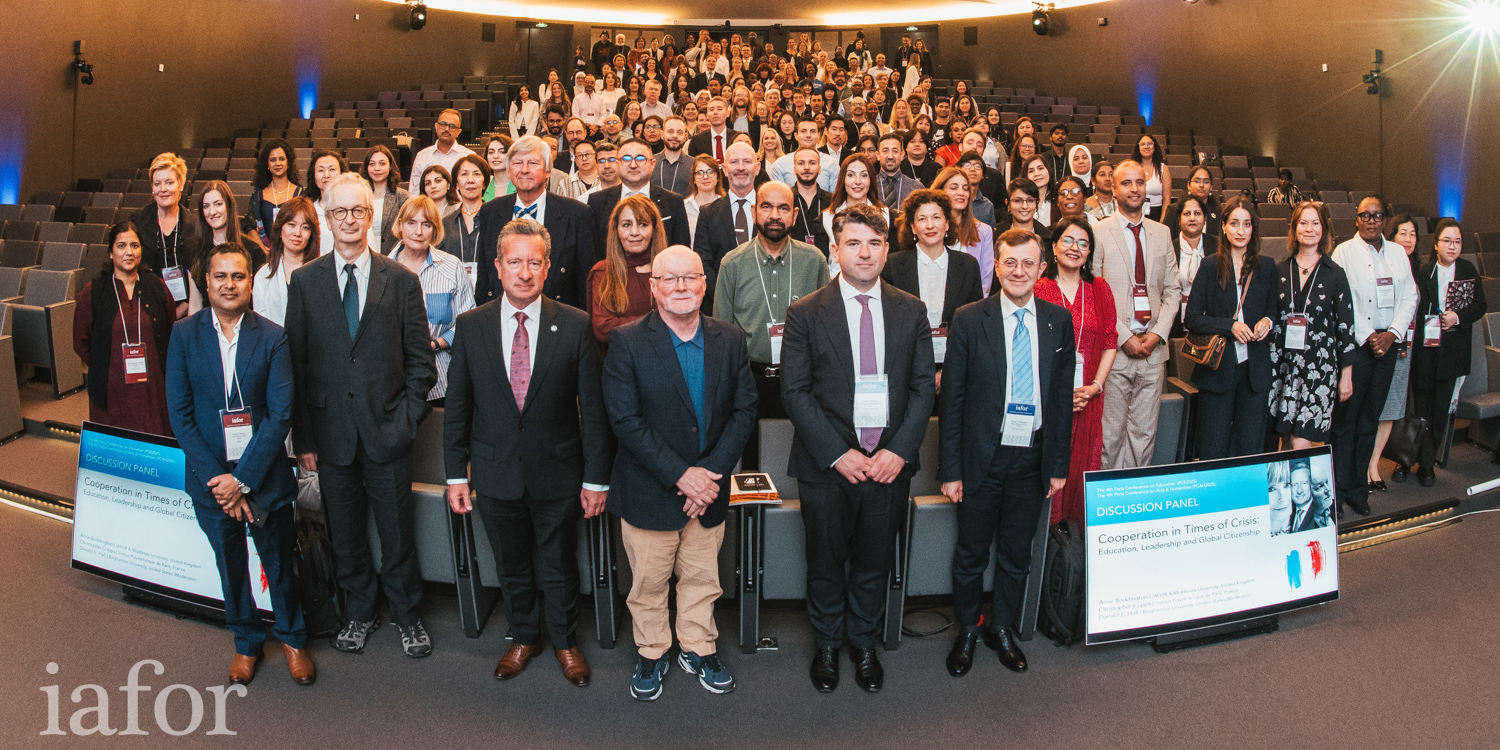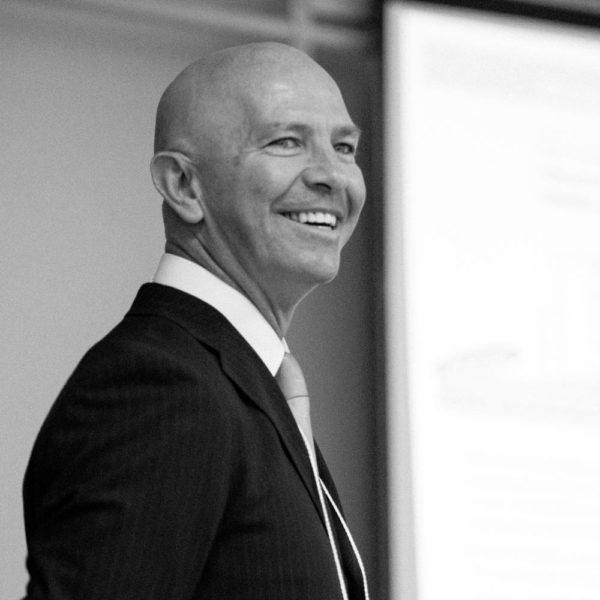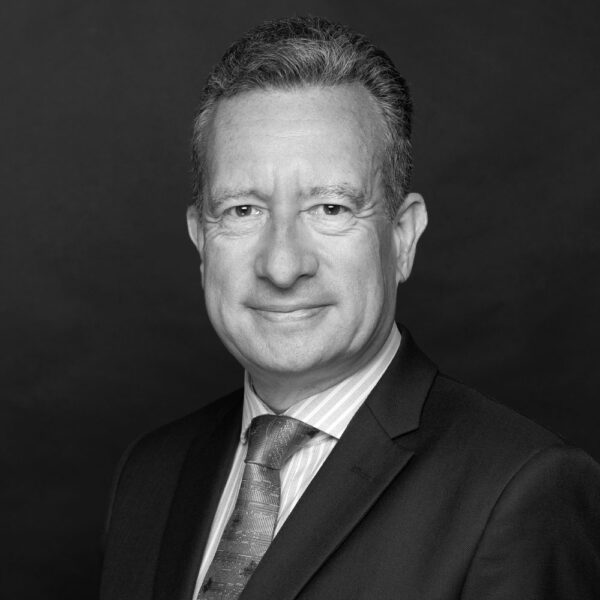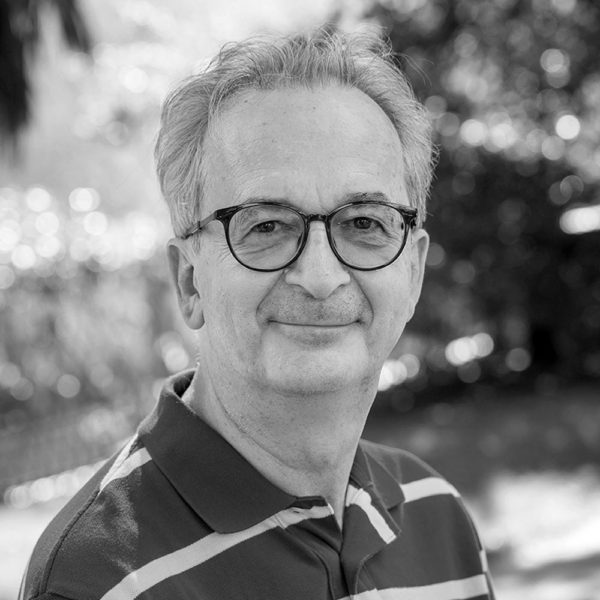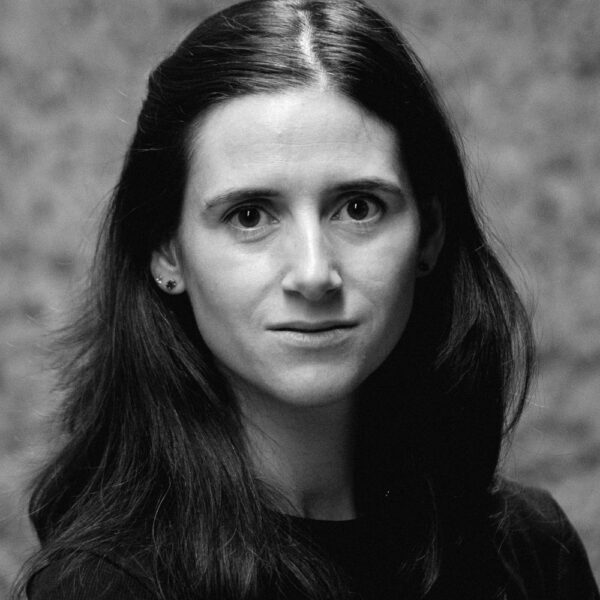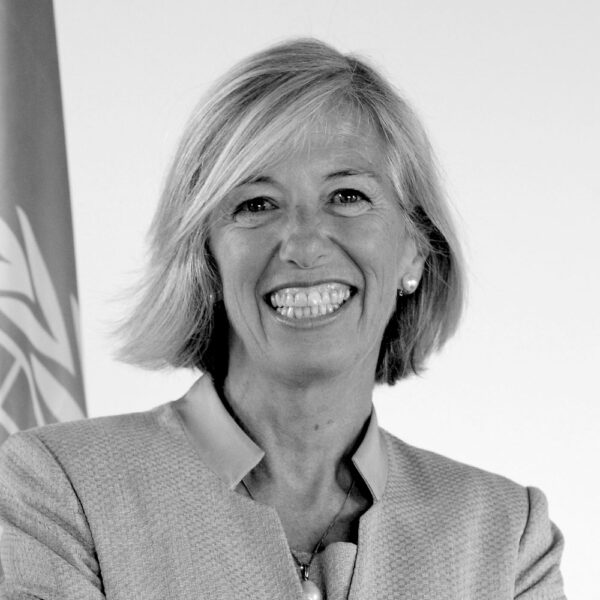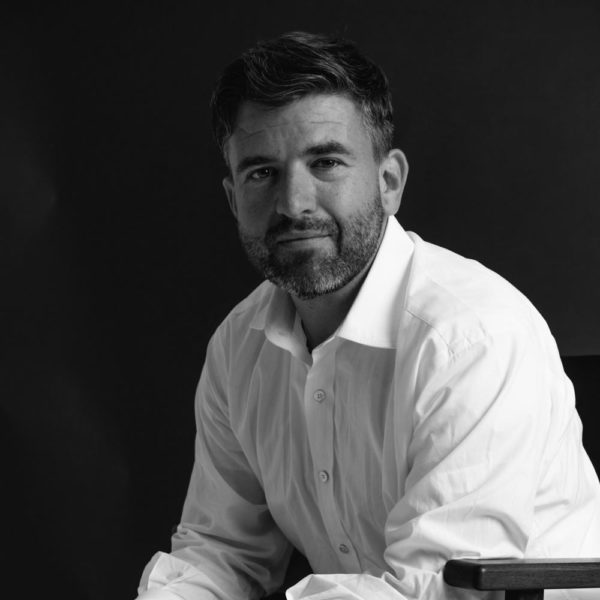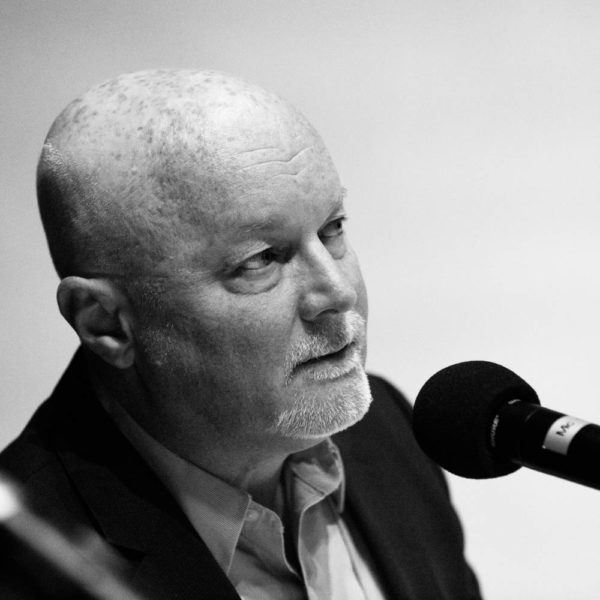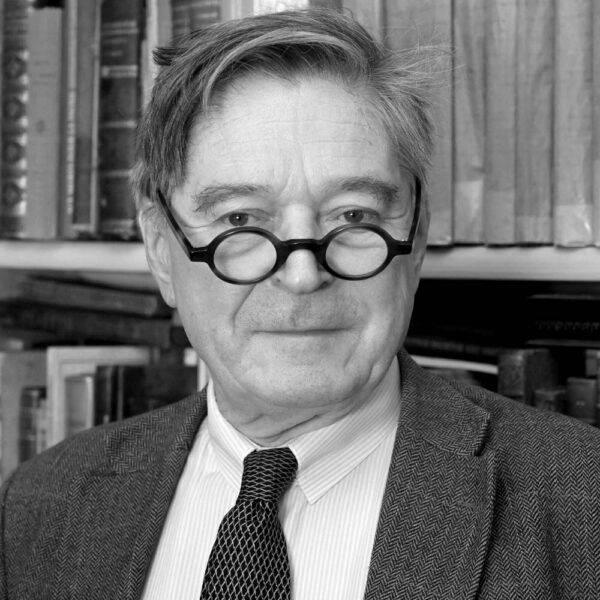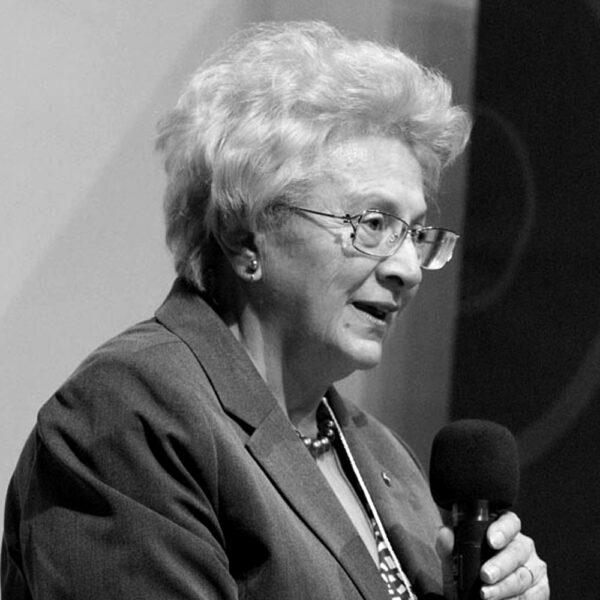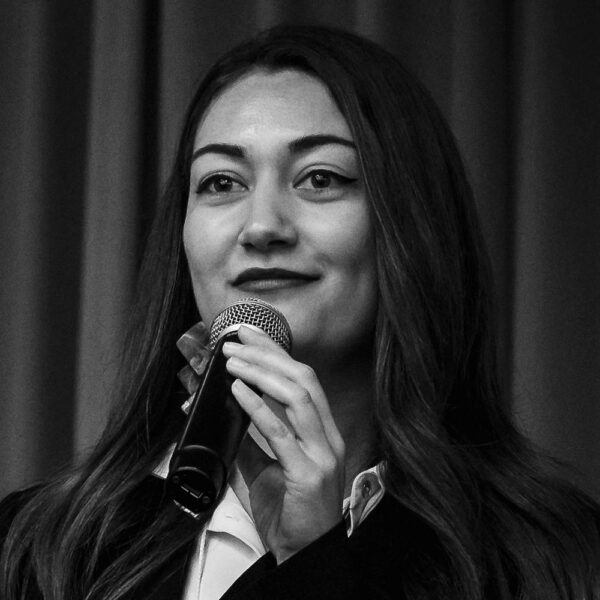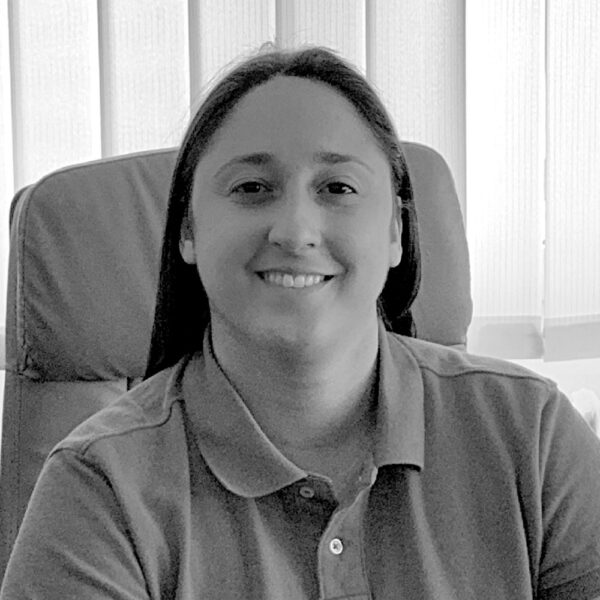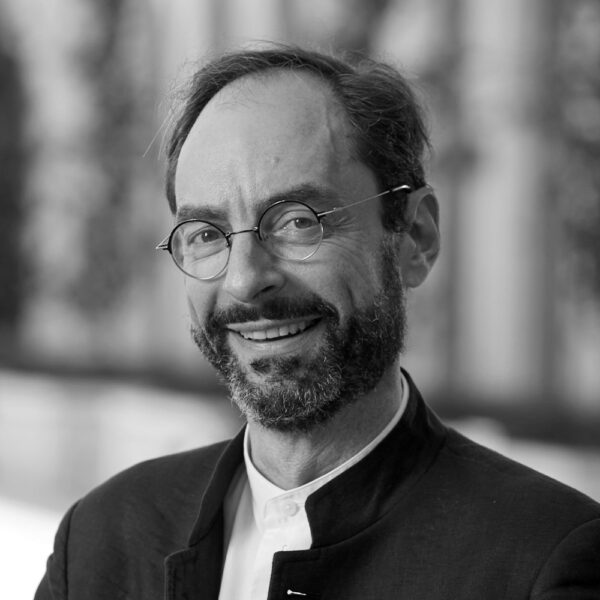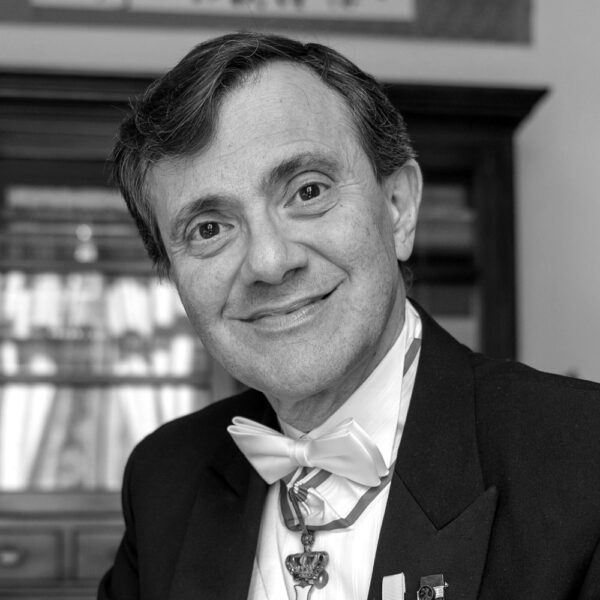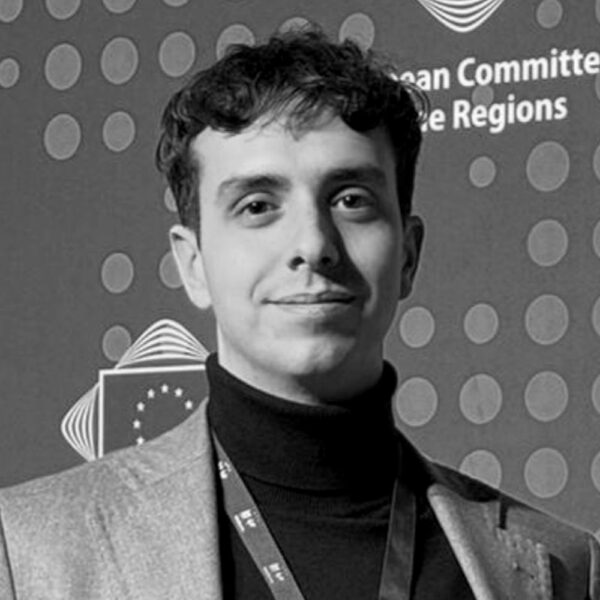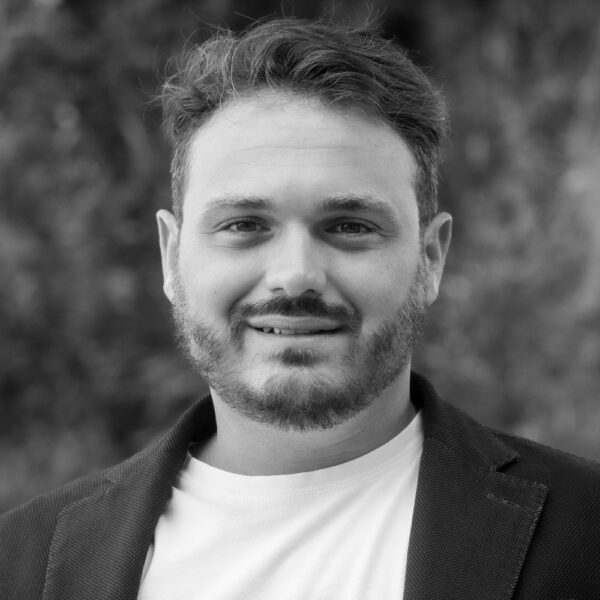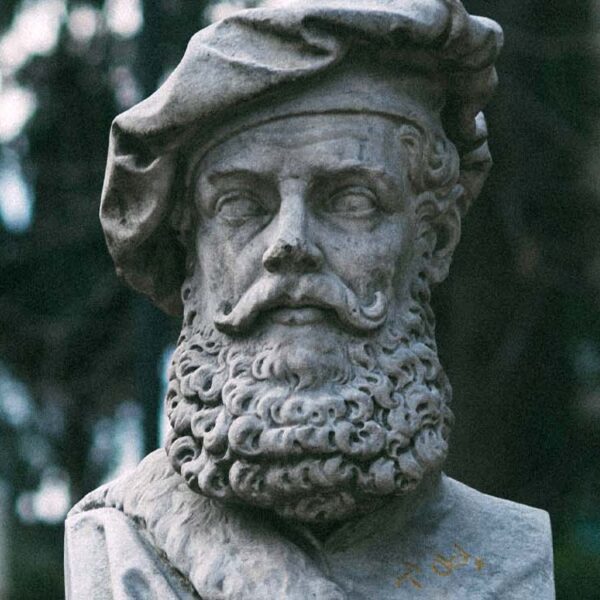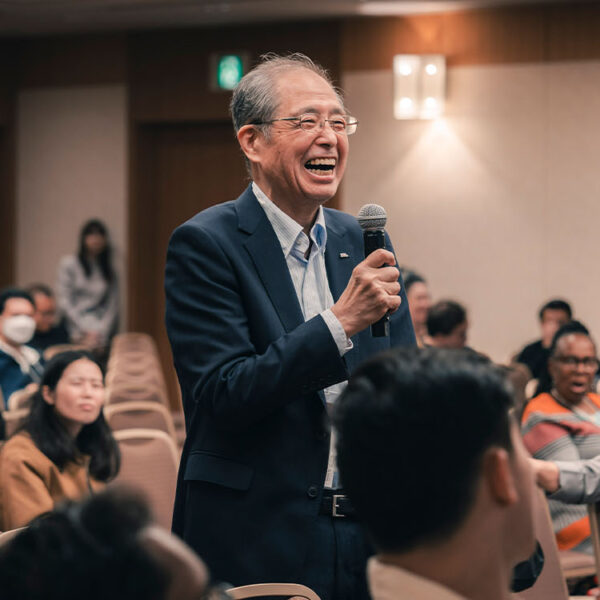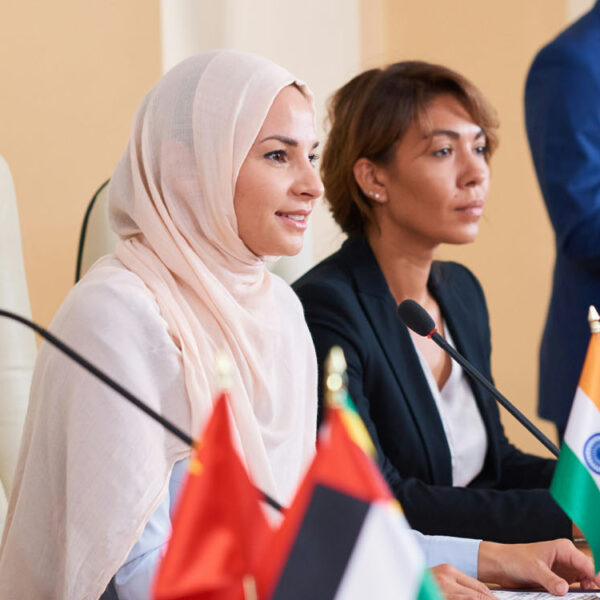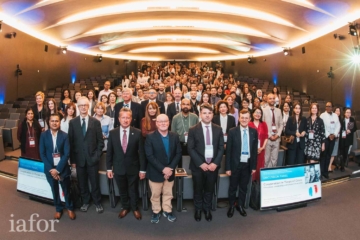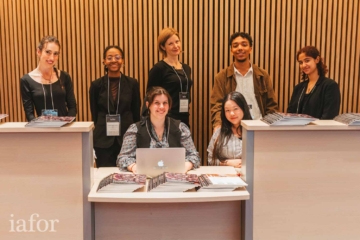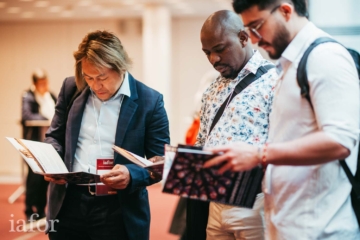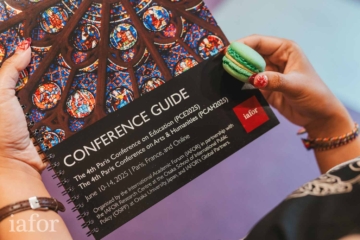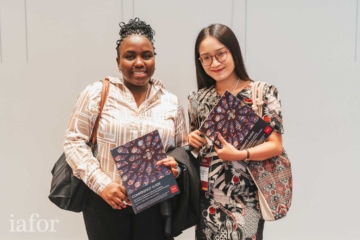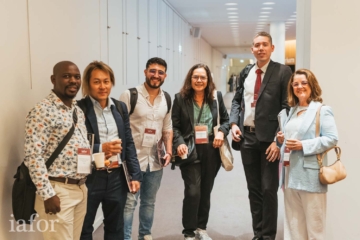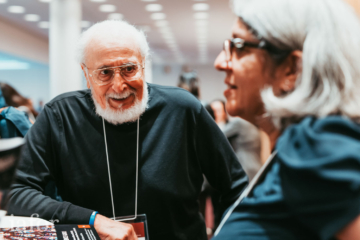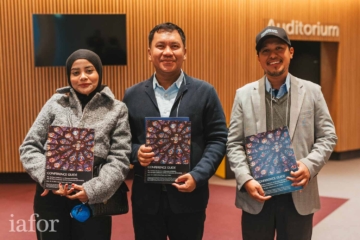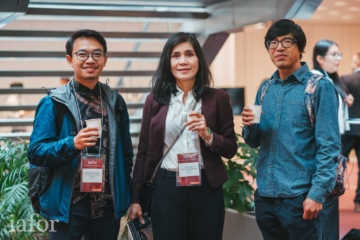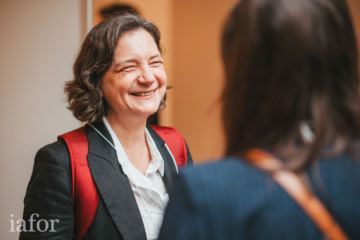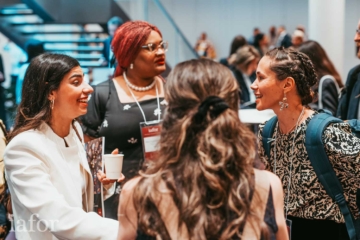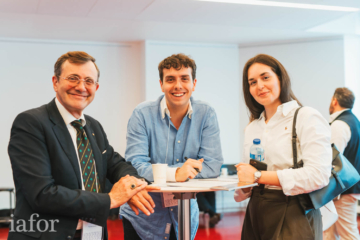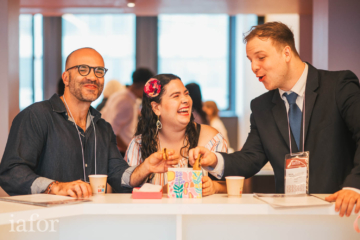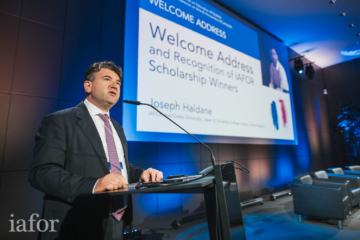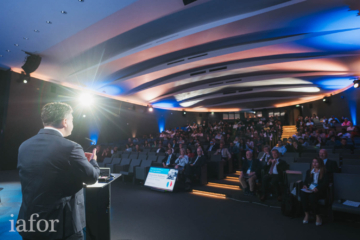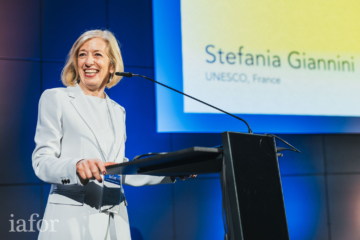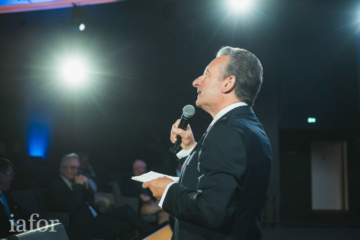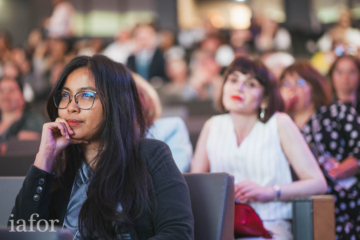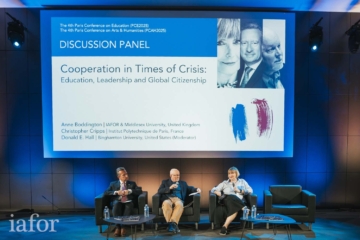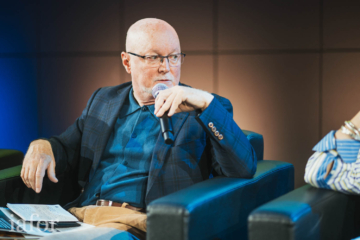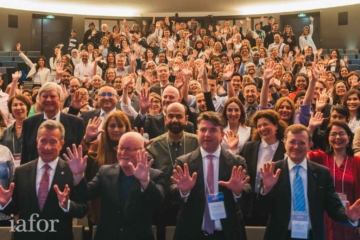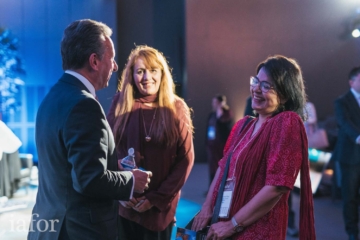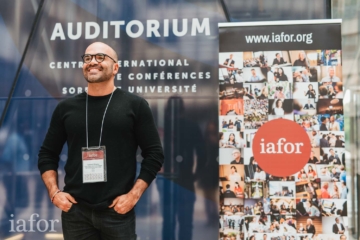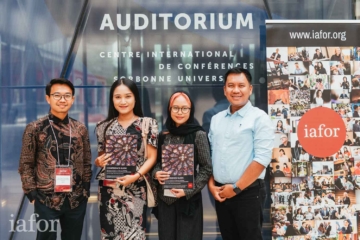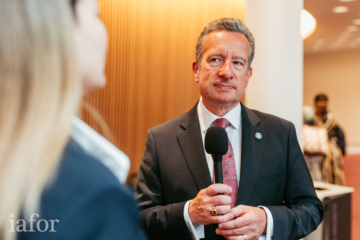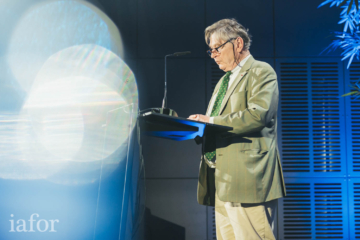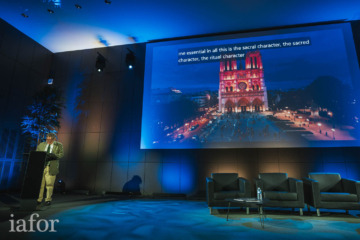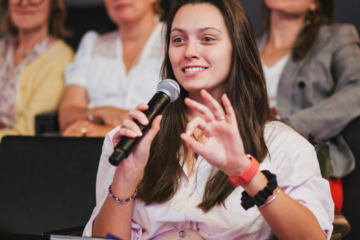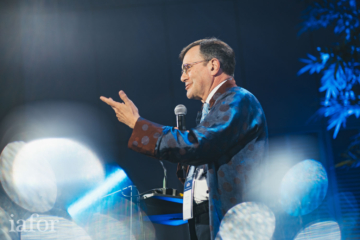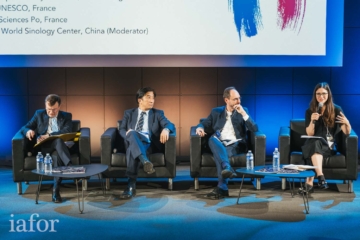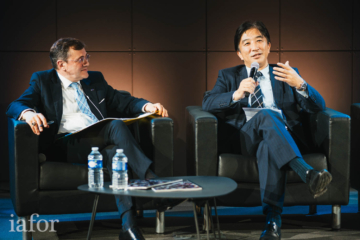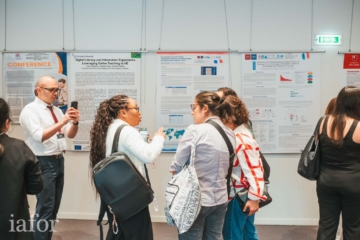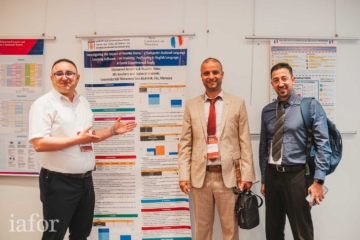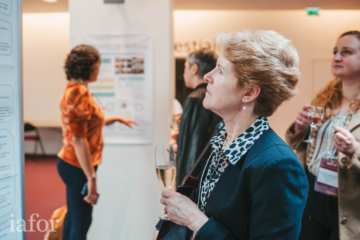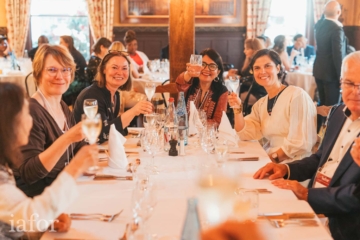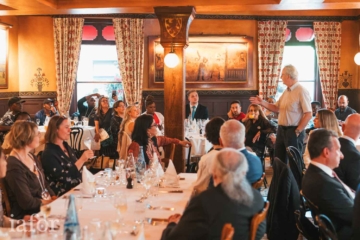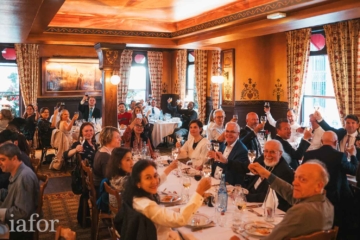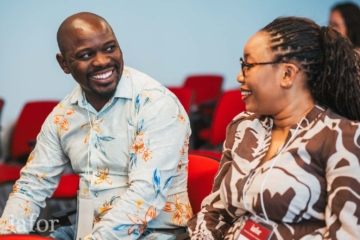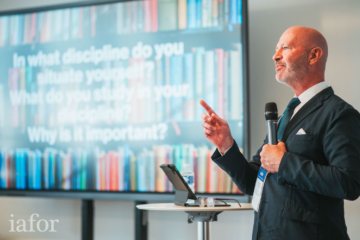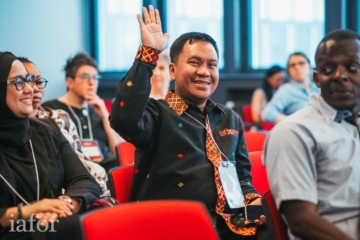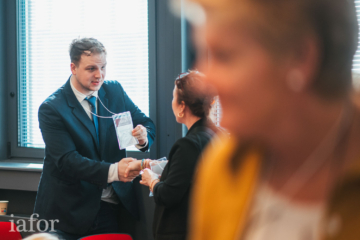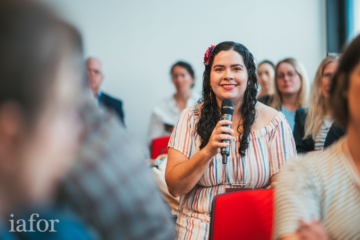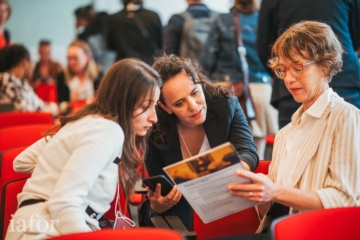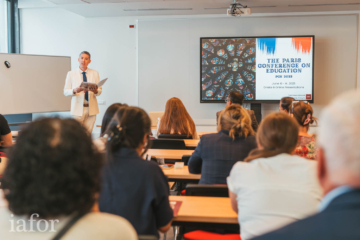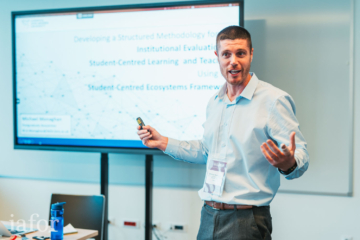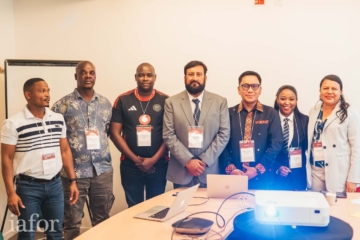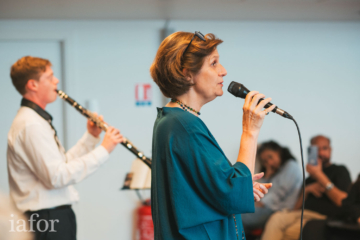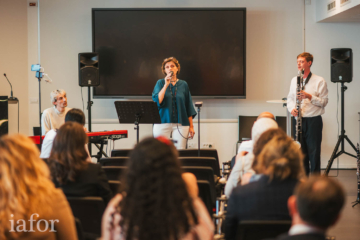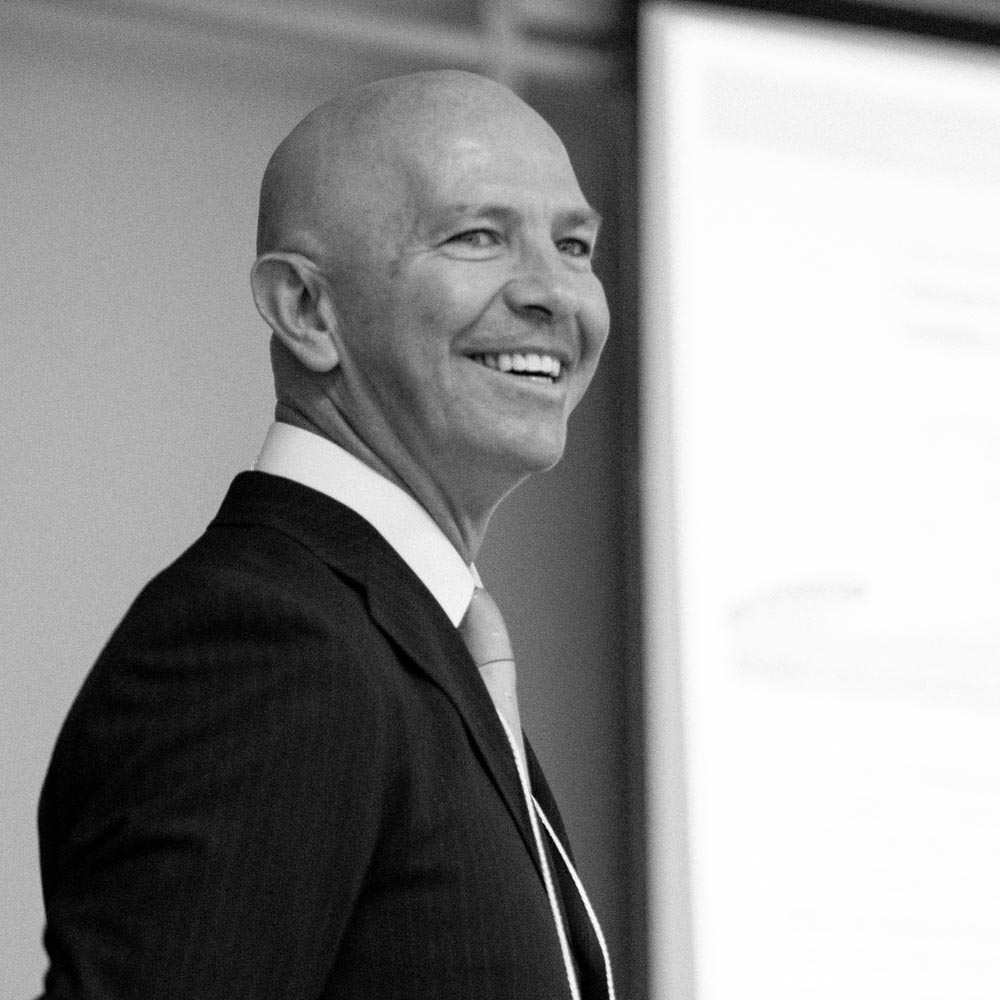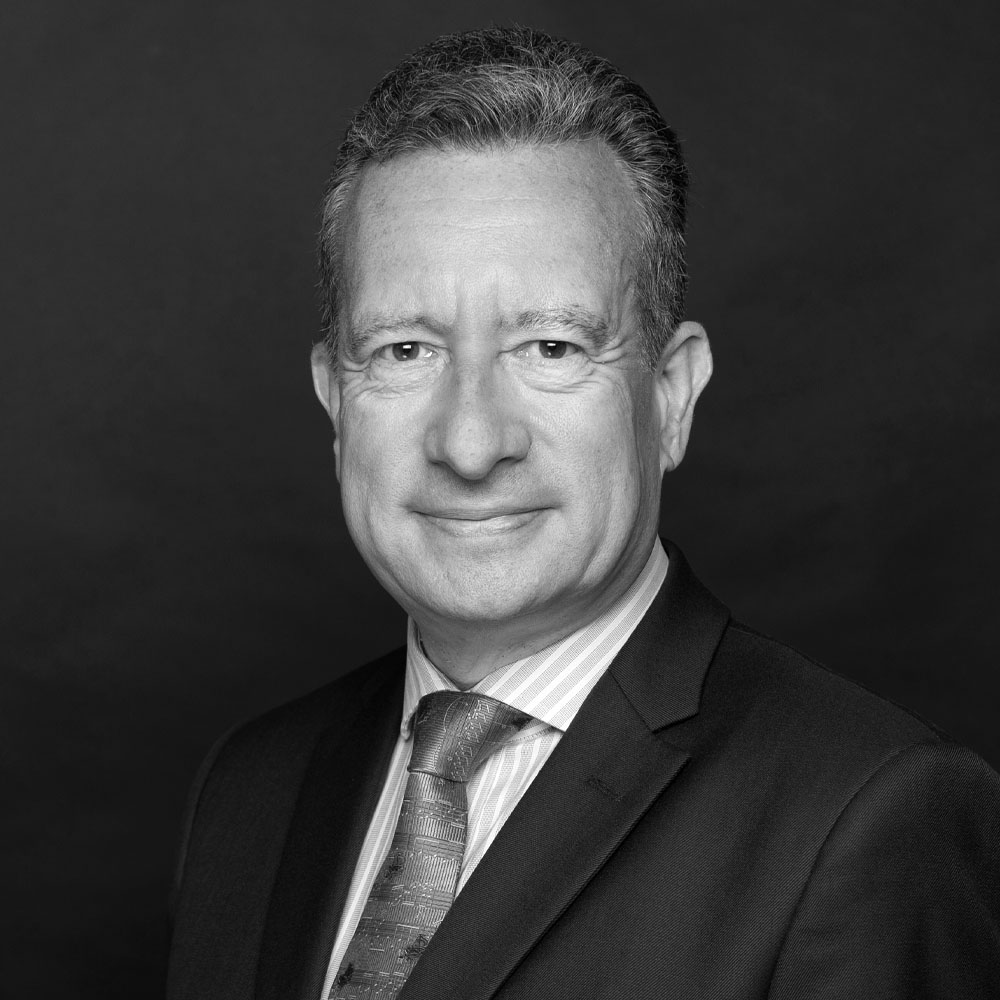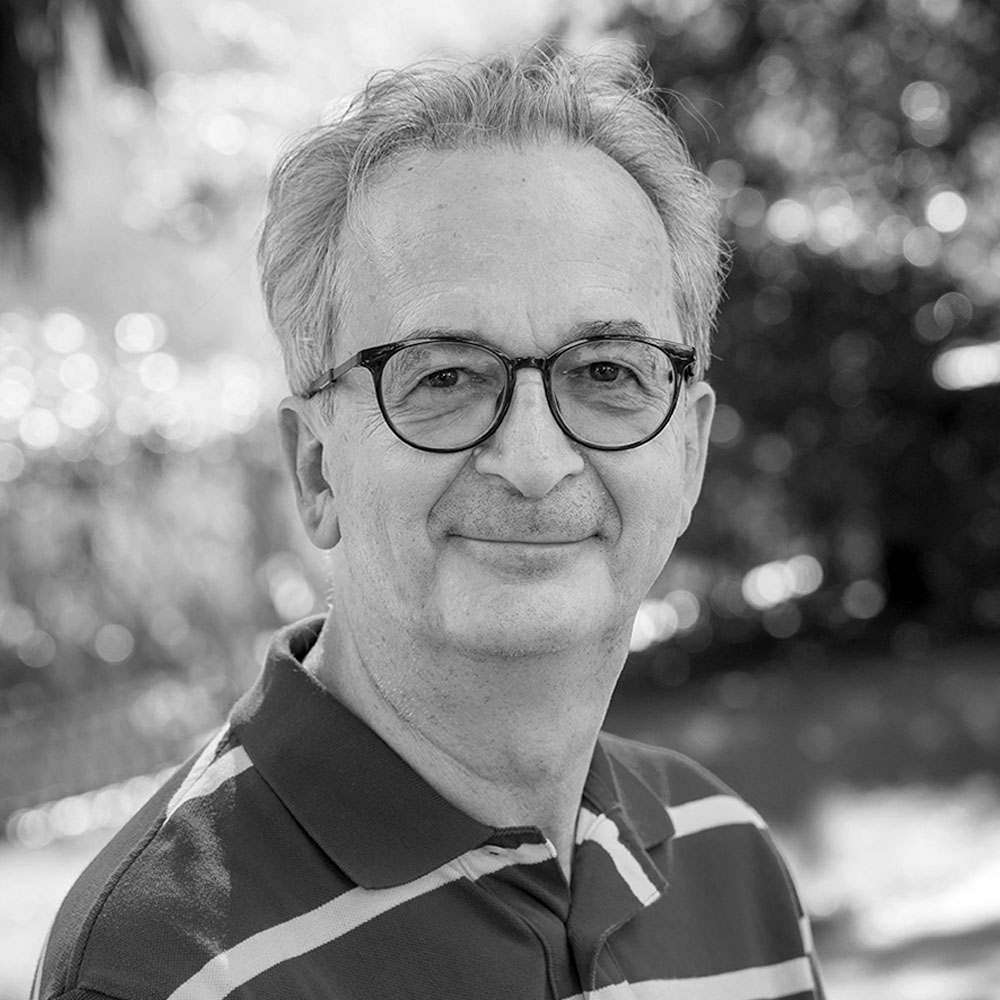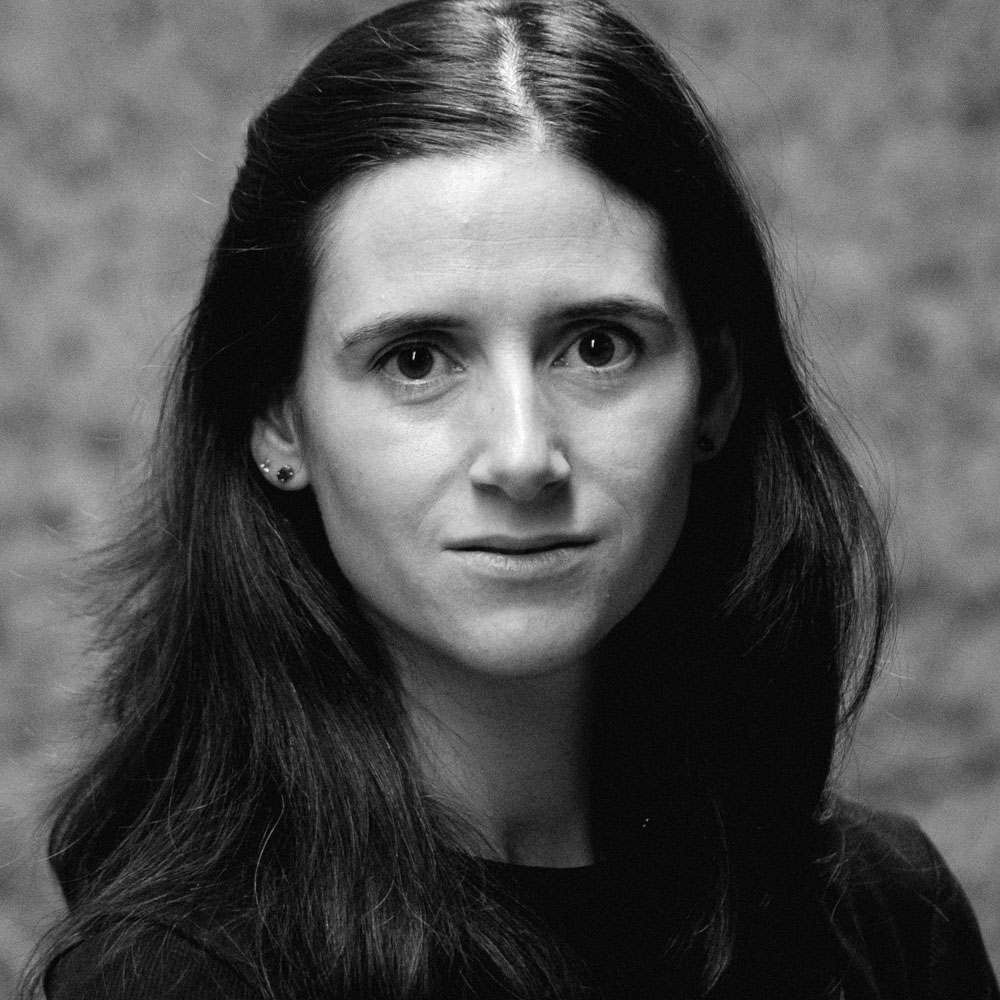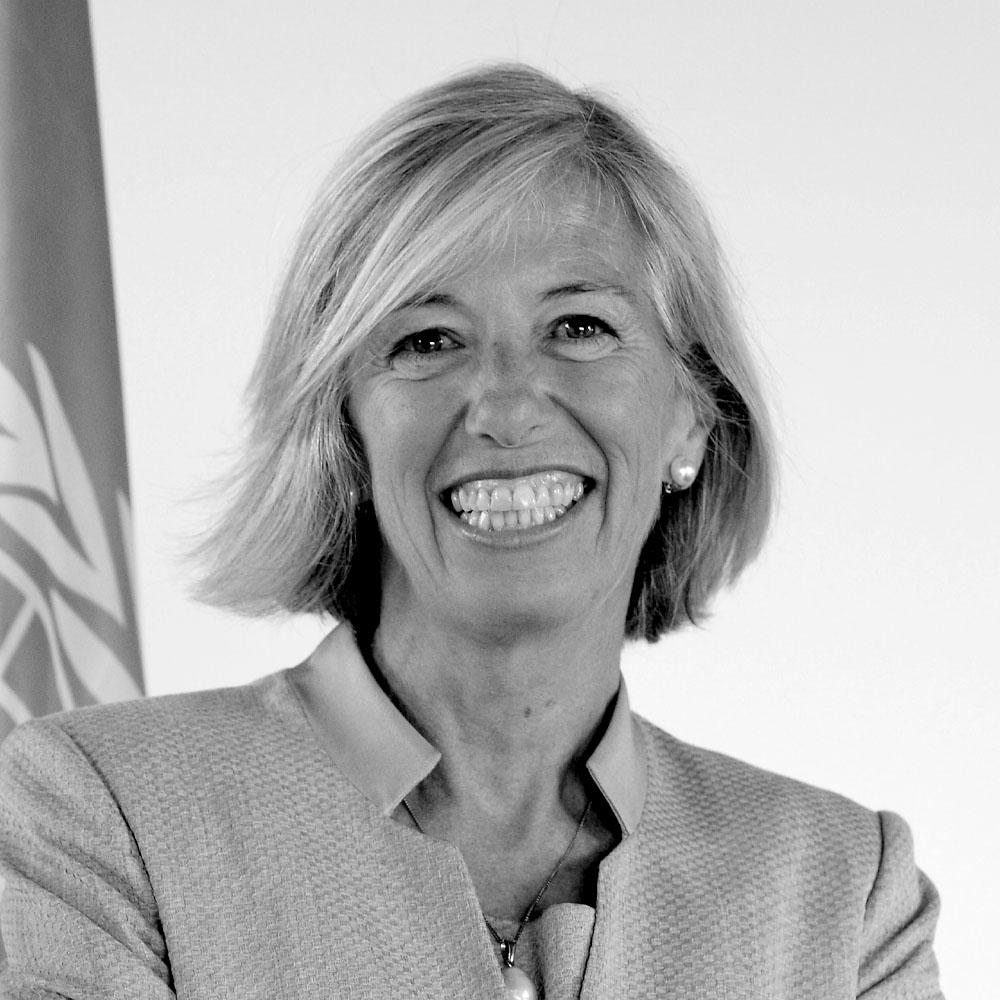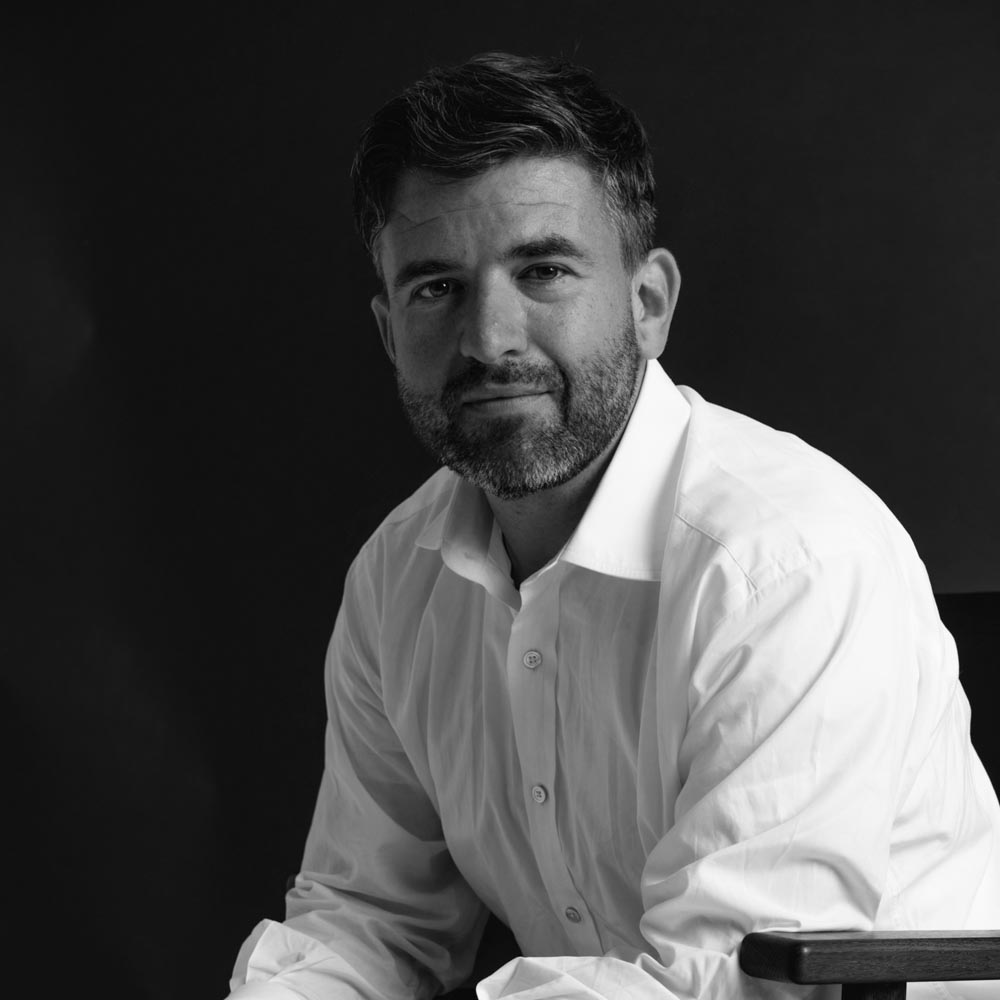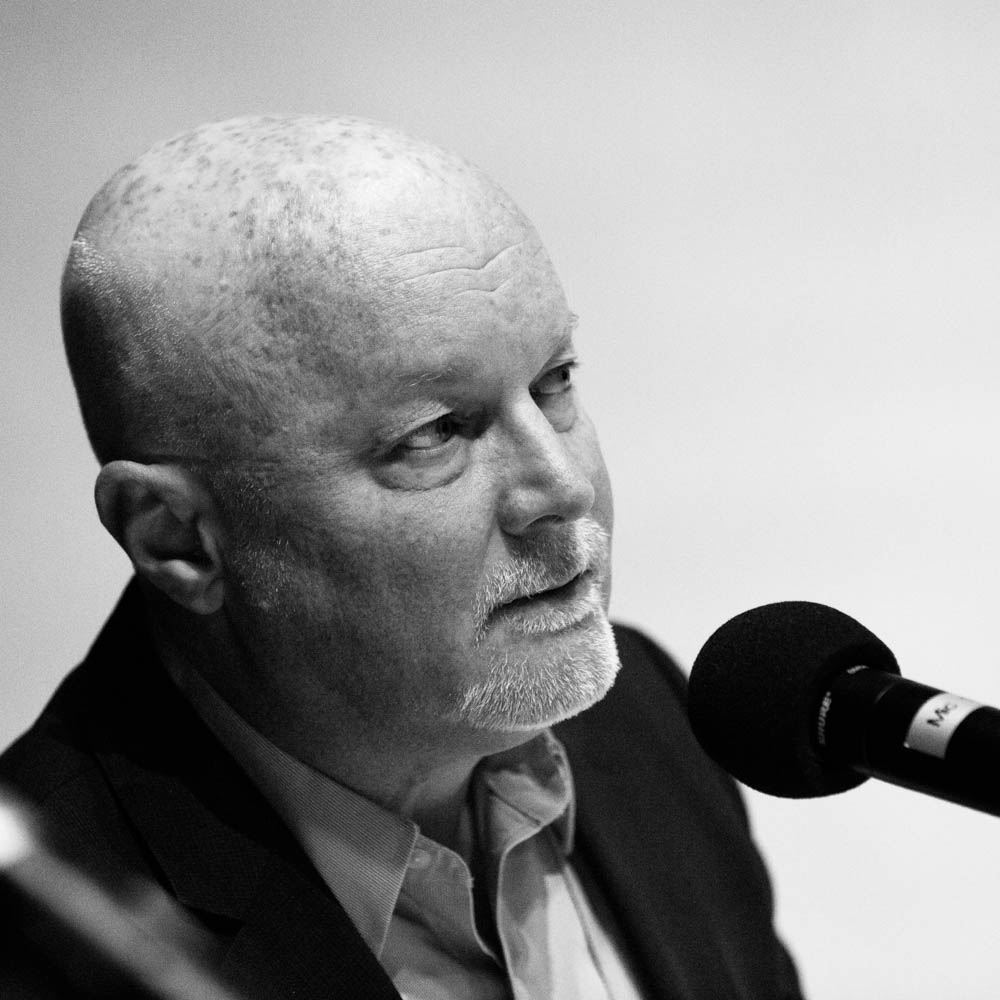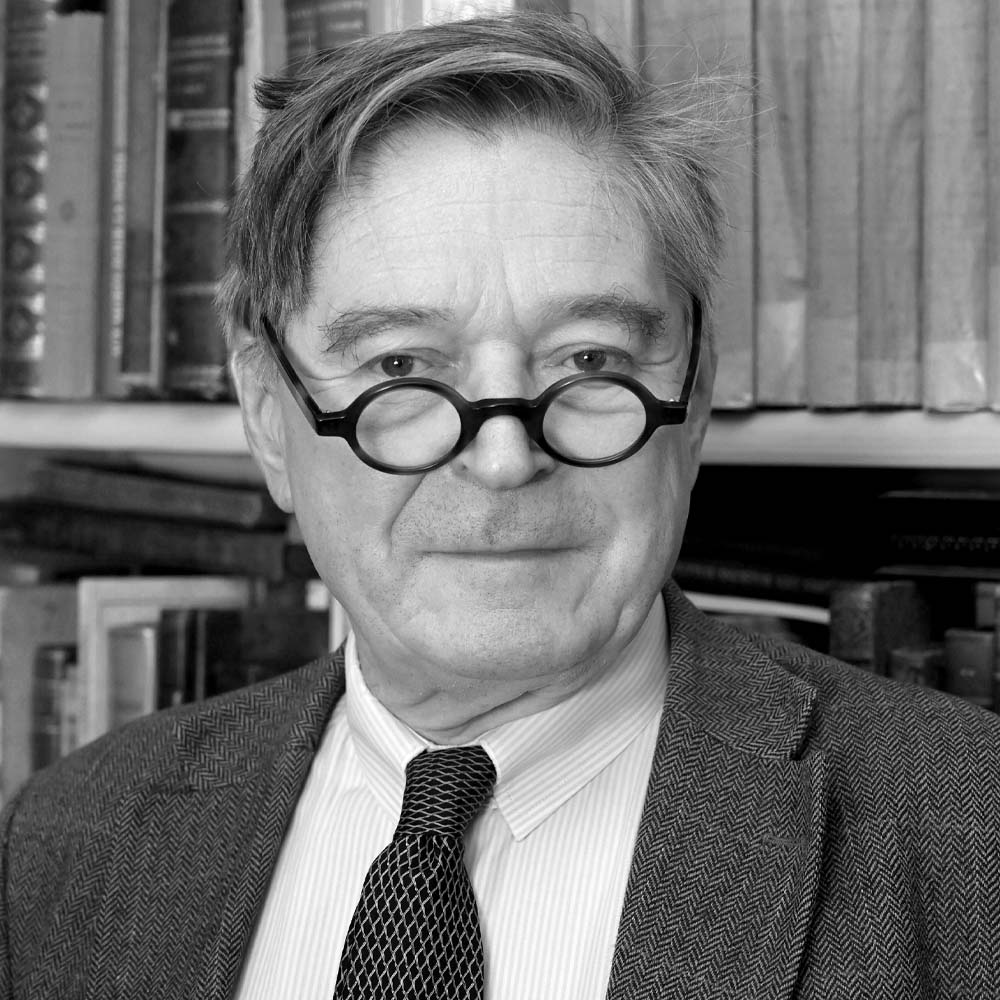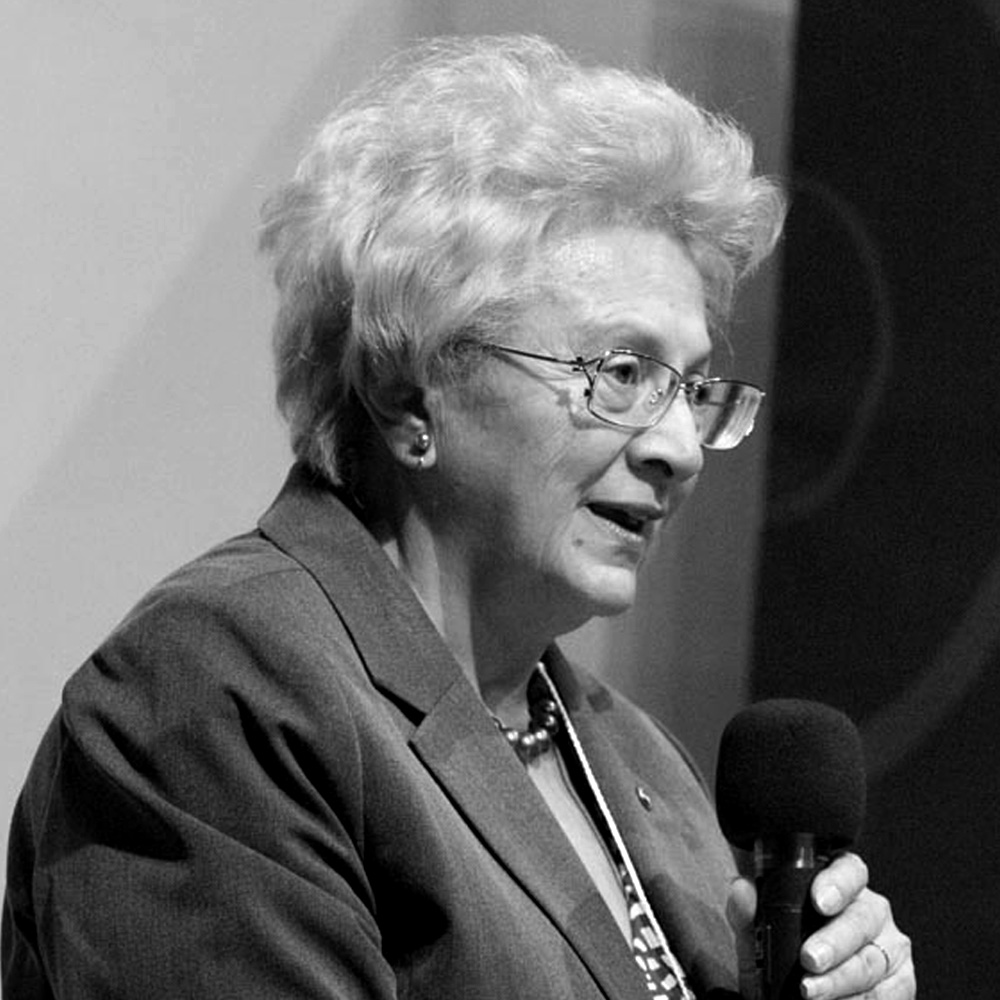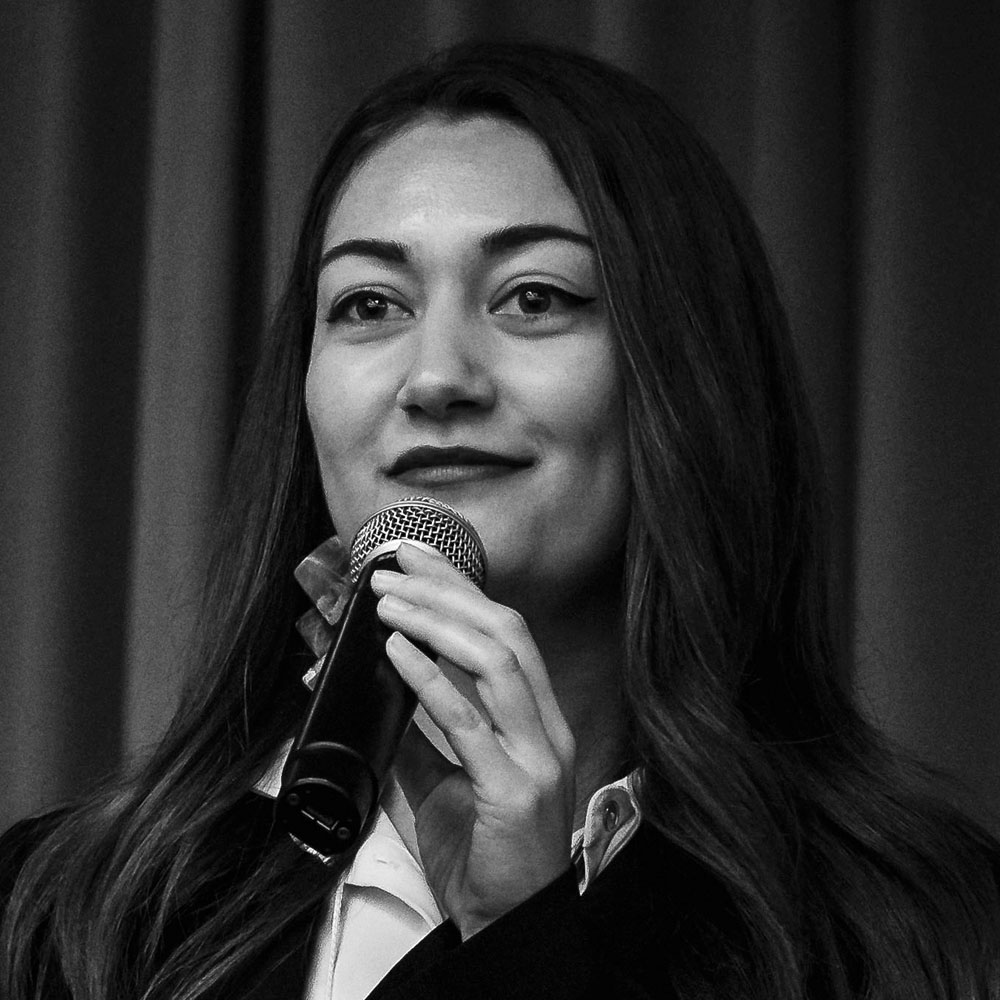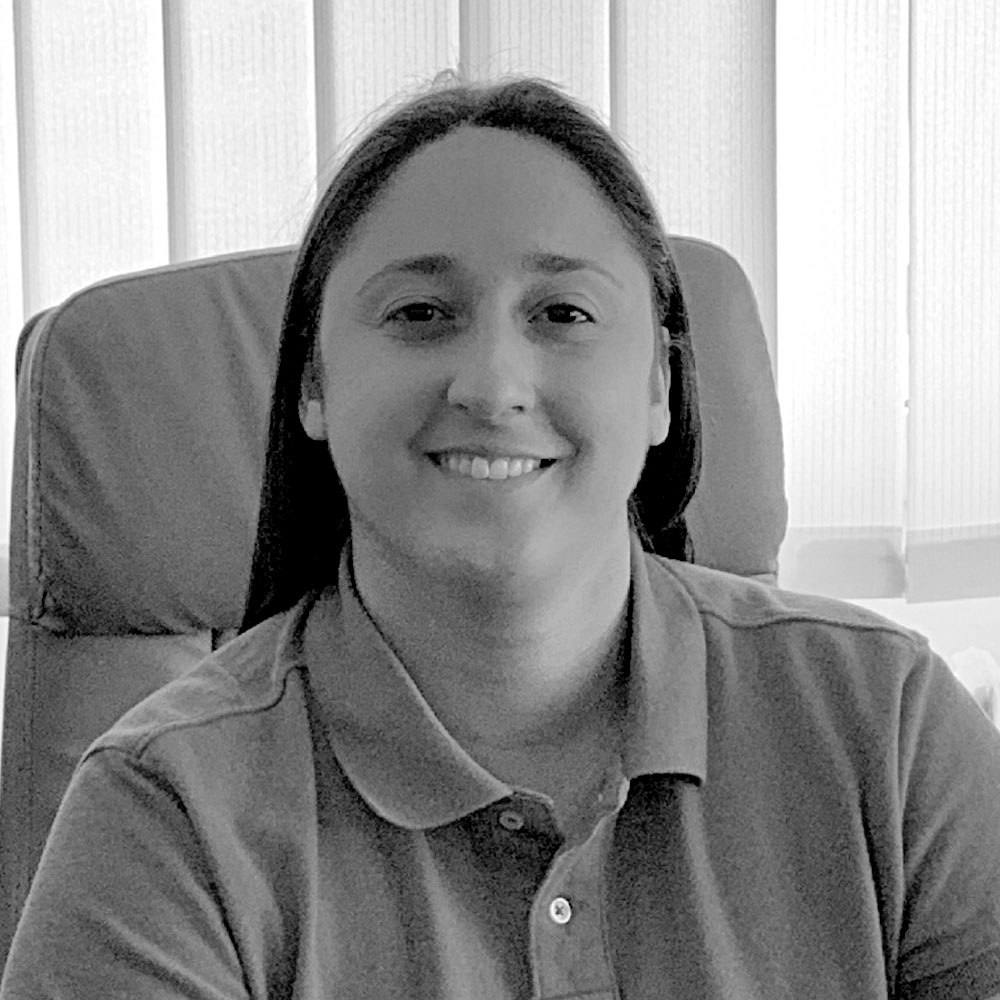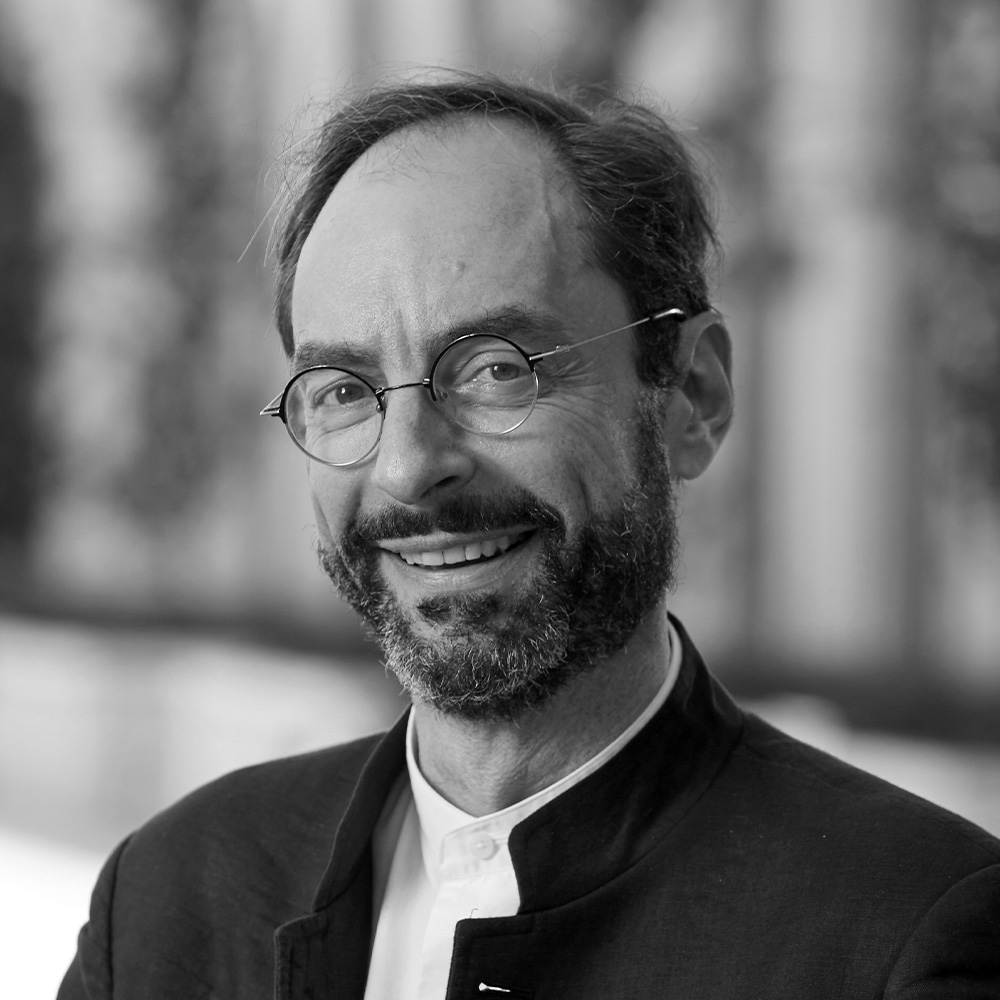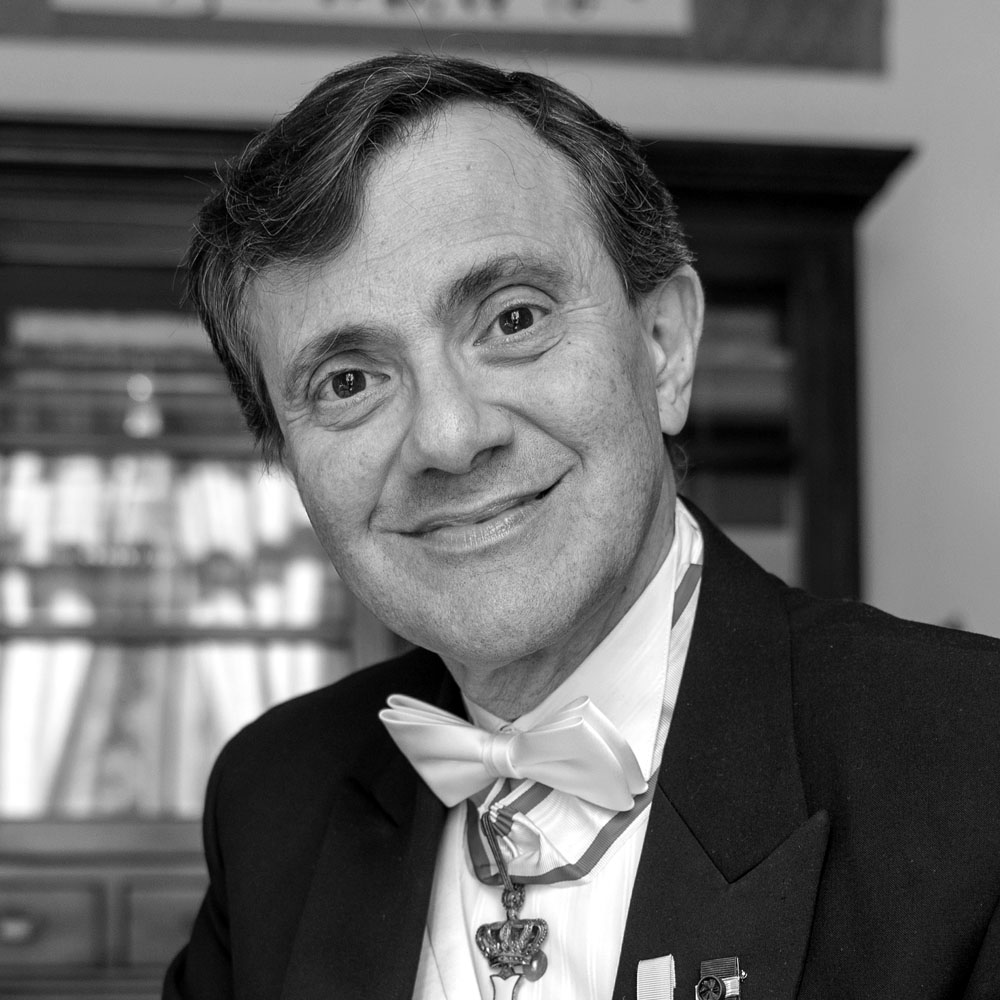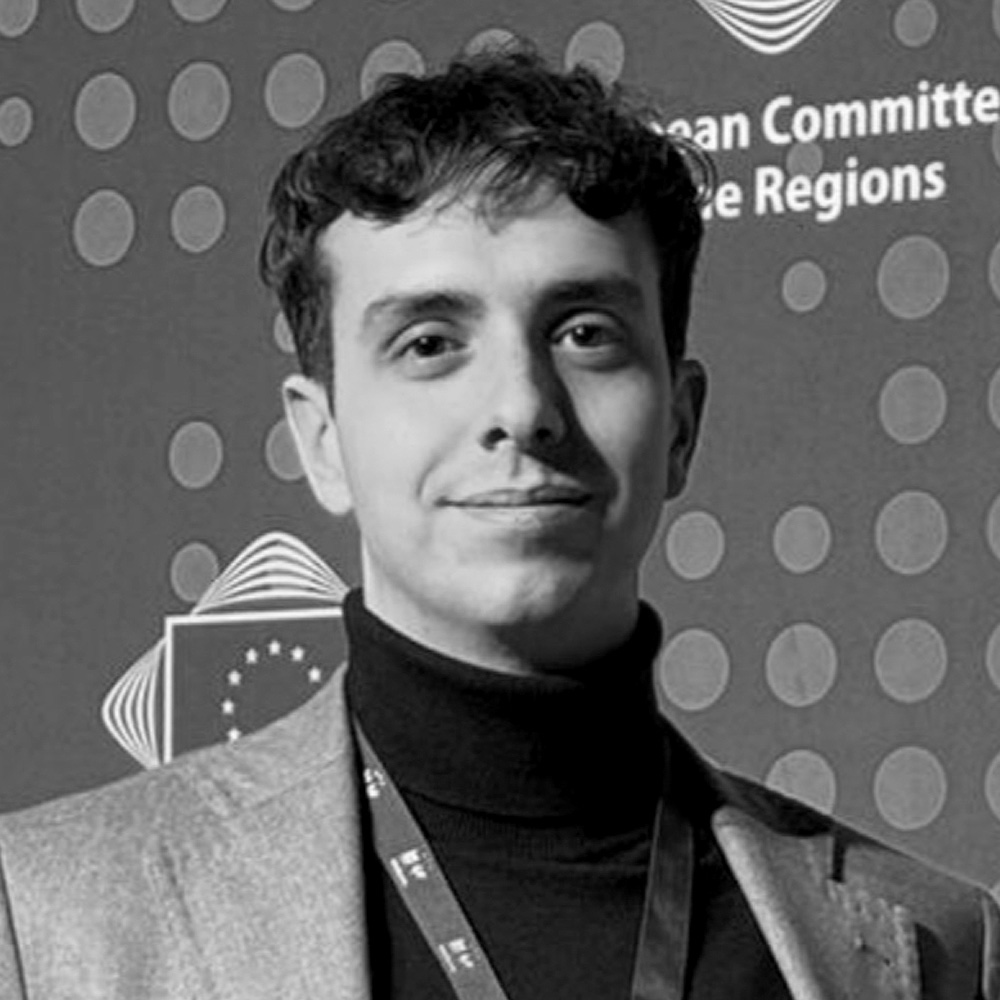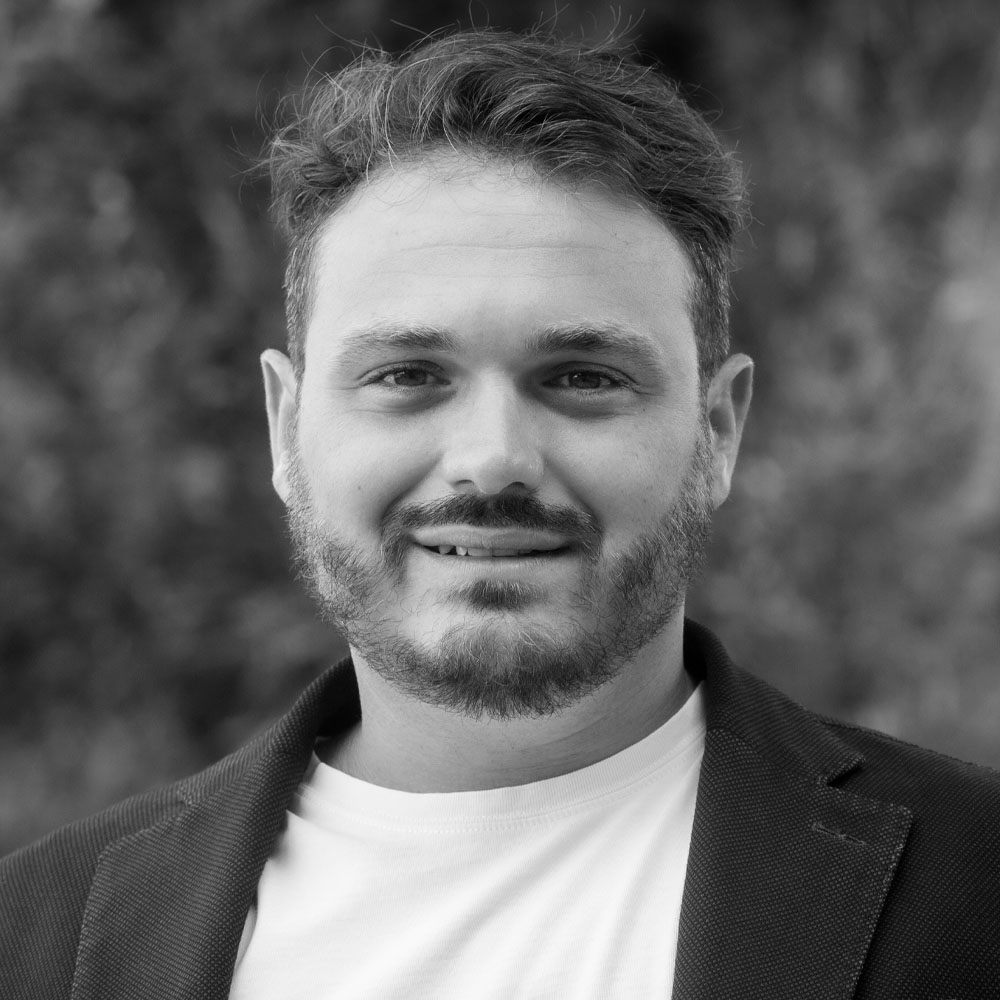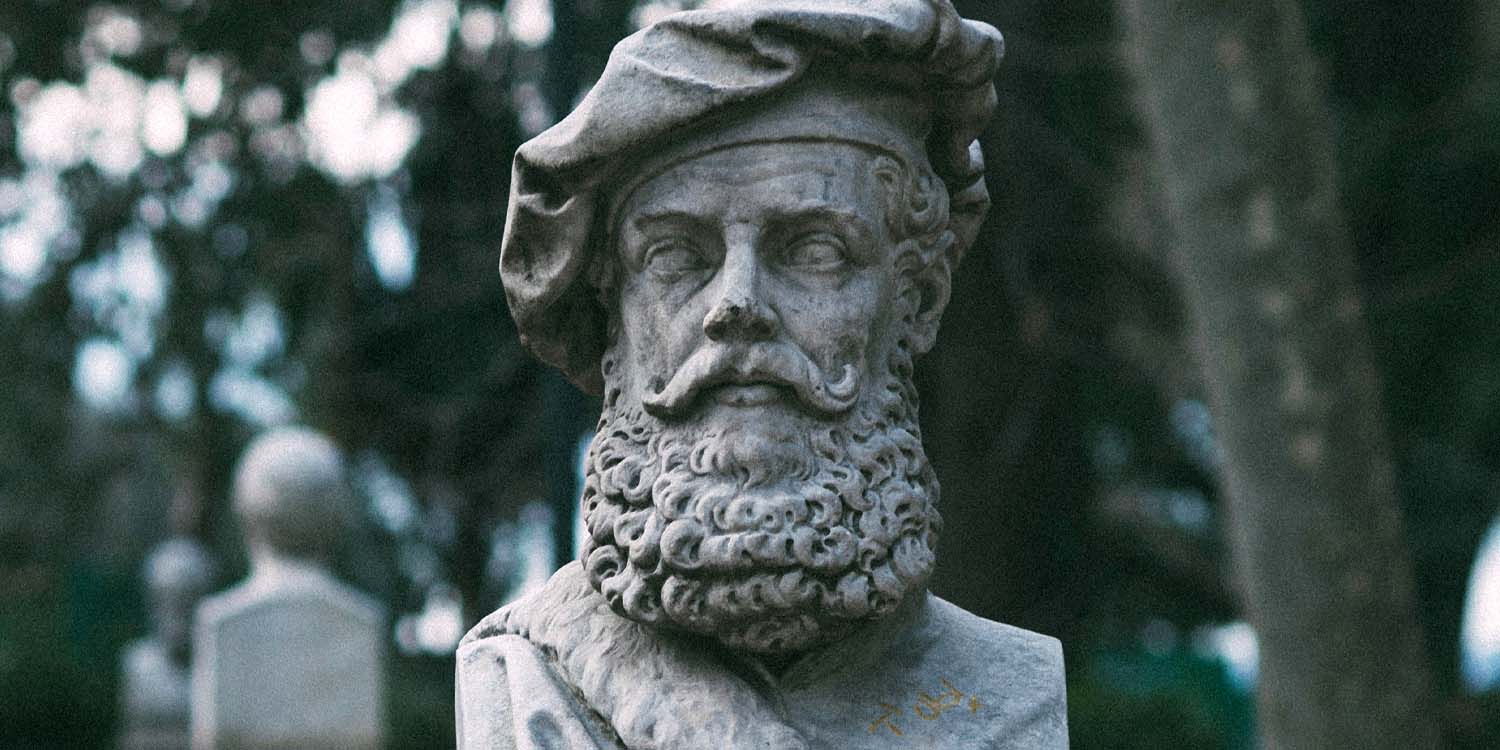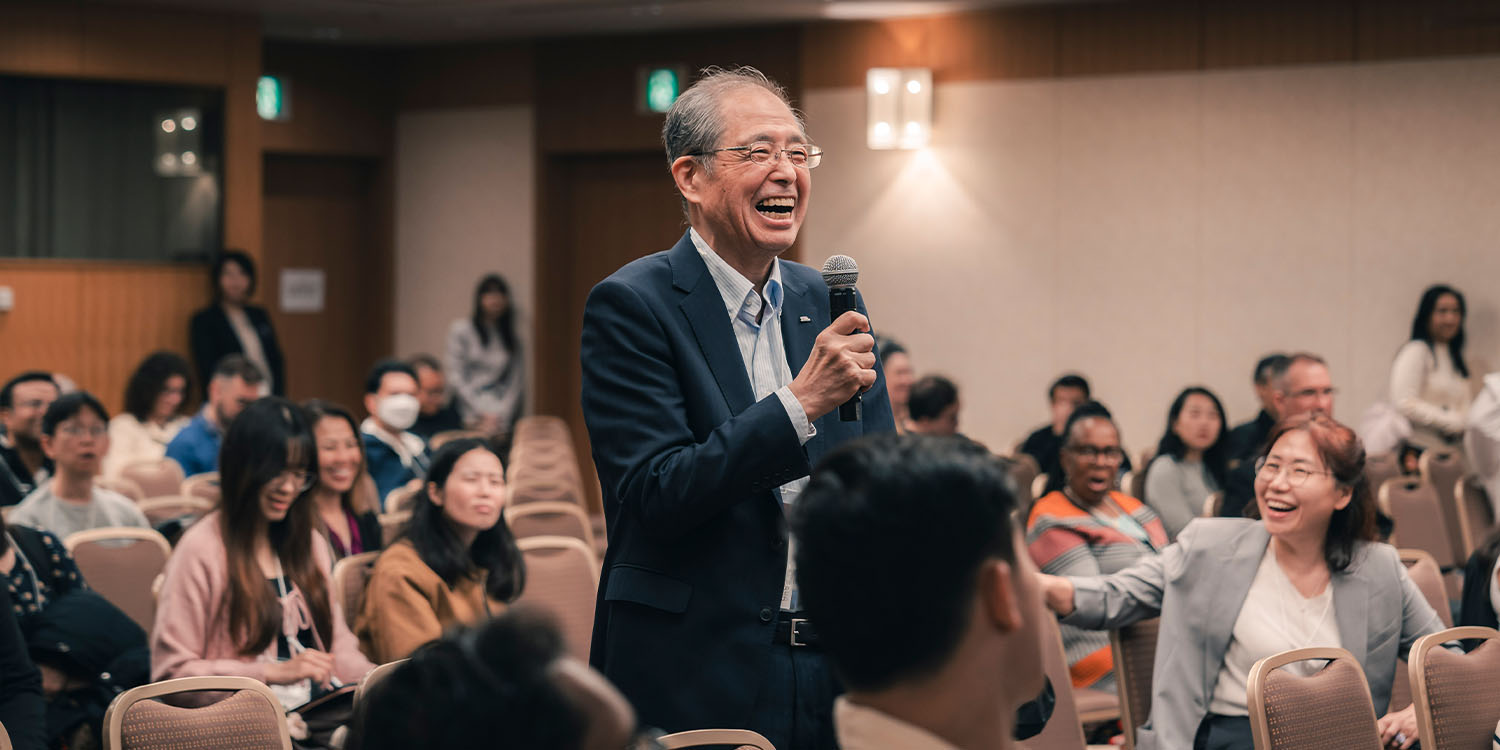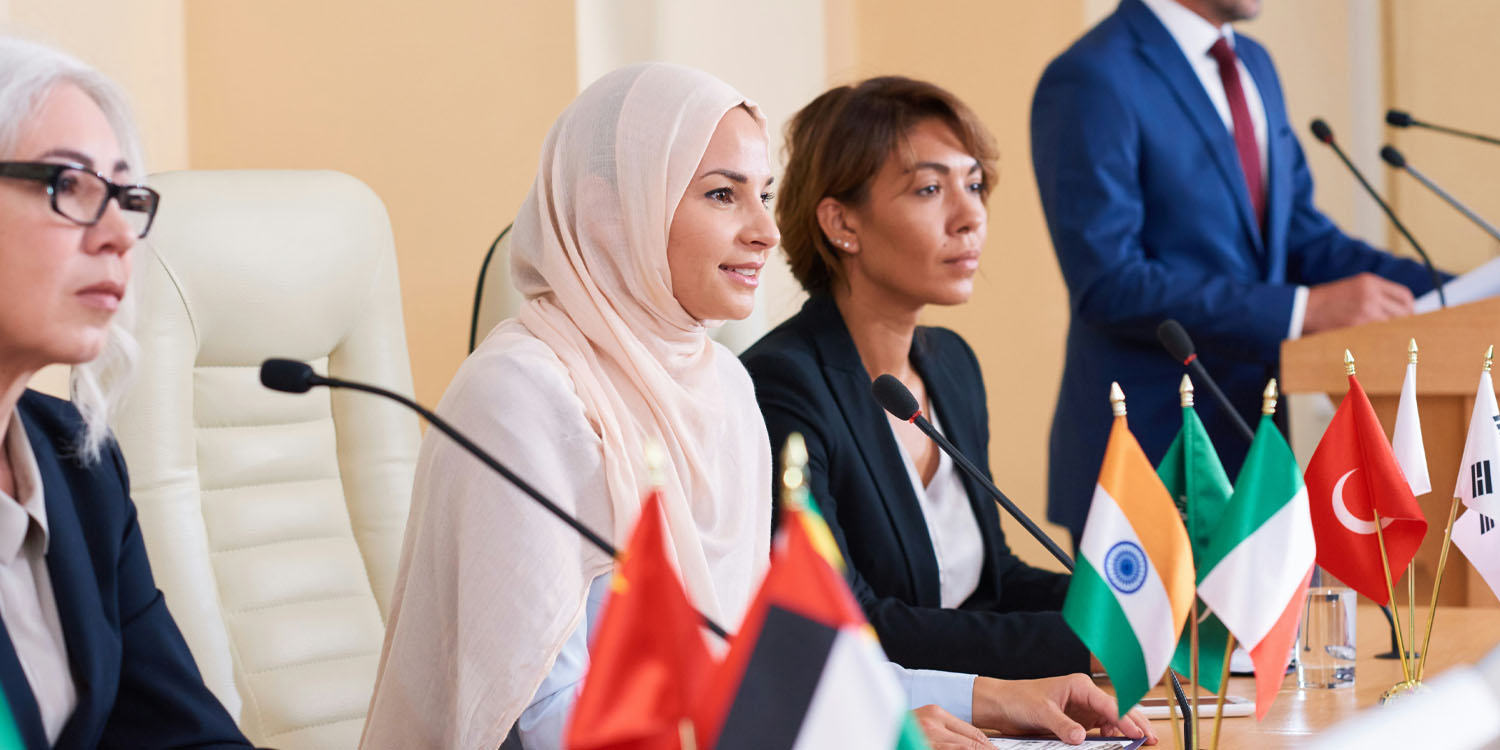PCAH is organised by IAFOR in association with the IAFOR Research Centre at the Osaka School of International Public Policy (OSIPP) in Osaka University, Japan.
June 10-14, 2025 | Sorbonne University International Conference Center (CICSU), Paris, France
IAFOR held its annual Paris Conference on Education (PCE) and Arts & Humanities (PCAH) from June 10-14, 2025. Delegates from all over the world came together in the symbolic capital of Freedom, Equality, and Fraternity to exchange ideas and discuss pressing issues. Our conference drew from, be inspired by, and contribute towards this city’s storied intellectual history, as the International Academic Forum brings together some 490 attendees from 80 countries. We were also very happy to be holding our event in the International Conference Center of the Sorbonne University, one of the oldest and most prestigious universities in the world.
Speakers
-
Grant BlackChuo University, Japan
-
Anne BoddingtonIAFOR, Japan
-
Christopher CrippsInstitut Polytechnique de Paris, France
-
Georges DepeyrotFrench National Center for Scientific Research (CNRS), France
-
Charlotte FaucherUniversity of Bristol, United Kingdom
-
Stefania GianniniUNESCO, France
-
Joseph HaldaneThe International Academic Forum (IAFOR), Japan
-
Donald E. HallBinghamton University, United States
-
Takehiro KanoUnited Nations Educational, Scientific and Cultural Organization (UNESCO), France
-
Jean-Michel LeniaudÉcole Pratique des Hautes Études, France
-
Ljiljana MarkovicEuropean Centre for Peace and Development (ECPD), Serbia
-
Melina NeophytouIAFOR, Japan
-
Milica PapićBelgrade Youth Office, Serbia
-
Frédéric RamelSciences Po, France
-
Paolo SabbatiniWorld Sinology Center, China
-
Giorgio TenneroniMunicipality of Todi, Italy
-
Riccardo TravagliniGeneral Workers Union (GWU), Malta
Programme
-
Internationalisation of Higher Education in France: Challenges and OpportunitiesKeynote Presentation: Christopher Cripps
-
Cooperation in Times of Crisis: Education, Leadership, and Global CitizenshipDiscussion Panel: Anne Boddington, Christopher Cripps, Donald Hall
-
Notre Dame de Paris: Holy Place, Sacred Edifice, and World Heritage SiteKeynote Presentation: Jean-Michel Leniaud
-
The Future of Cultural Diplomacy: The Legacy of Marco PoloKeynote Presentation: Paolo Sabbatini
-
Education and Cultural Diplomacy as a Tool for PeacePanel Presentation: Paolo Sabbatini
-
Cooperating in Difficult Times: Global Citizenship and InterdisciplinarityThe Forum: Grant Black, Melina Neophytou
-
Senior Academic LeadershipWorkshop Session: Anne Boddington, Ljiljana Markovic, Donald E. Hall
-
Youth and Cultural DiplomacyDiscussion Panel: Paolo Sabbatini, Milica Papic, Riccardo Travaglini, Giorgio Tenneroni
Conference Committees
The International Academic Board (IAB)
Professor Anne Boddington, IAFOR, Japan (IAB Chair)
Dr Joseph Haldane, IAFOR & Osaka University, Japan, & University College London, United Kingdom
Professor Jun Arima, IAFOR & University of Tokyo, Japan
Professor Virgil Hawkins, IAFOR Research Centre & Osaka University, Japan
Mr Lowell Sheppard, IAFOR & Never Too Late Academy, Japan
Dr Susana Barreto, University of Porto, Portugal
Professor Grant Black, Chuo University, Japan
Dr Evangelia Chrysikou, Bartlett School of Sustainable Construction, University College London, United Kingdom
Professor Donald E. Hall, Binghamton University, United States
Professor Brendan Howe, Ewha Womans University, South Korea & The Asian Political and International Studies Association (APISA)
Dr James W. McNally, University of Michigan, United States & NACDA Program on Aging
Conference Programme Committee
Dr Dan Baker, Independent Consultant, France
Professor Grant Black, Chuo University, Japan
Professor Georges Depeyrot, French National Center for Scientific Research (CNRS), France
Dr Joseph Haldane, IAFOR and Osaka University, Japan, & University College London, United Kingdom
Professor Ljiljana Markovic, European Center for Peace and Development (ECPD), Serbia
The International Academic College (IAC)
Dr Hasan Al-Wadi, University of Bahrain, Bahrain
Dr Shamim Ali, Riphah International University , Pakistan
Professor Umberto Ansaldo, VinUniversity, Vietnam
Professor Shingo Ashizawa, Kansai University of International Studies, Japan
Dr Brian Aycock, International Christian University, Japan
Professor William Baber, Kyoto University Graduate School of Management, Japan
Professor Emeritus Sue Ballyn, University of Barcelona, Spain
Ms Keiko Bang, Bang Singapore Pte Ltd, Singapore
Professor Geoff Beattie, Edge Hill University, United Kingdom
Professor Denis Binder, Chapman University, United States
Dr Sarah Louisa Birchley, Toyo Gakuen University, Japan
Dr Holger Briel, Beijing Normal University-Hong Kong Baptist University United International College, China
Mr James Joseph Briganti, Michigan State University, United States
Professor Bruce Brown, Royal College of Art, United Kingdom
Lord Charles Bruce, Japan Society of Scotland, United Kingdom
Dr Eddie Bruce-Jones, SOAS, University of London, United Kingdom
Professor Chung-Ying Cheng, University of Hawai’i at Manoa, United States
Distinguished Professor Tien-Hui Chiang, Zhengzhou University, China
Mr Marcus Chidgey, Founder & CEO at Loqiva, United Kingdom
Dr George D. Chryssides, University of Birmingham, United Kingdom
Dr Christine Coombe, Dubai Men’s College, United Arab Emirates
Professor Melinda Cowart, Texas Woman’s University, United States
Professor Georges Depeyrot, French National Center for Scientific Research, France
Professor Jean-Marc Dewaele, Birkbeck, University of London, United Kingdom
Professor Tatiana Dobrosklonskaya, Lomonosov Moscow State University, Russia
Dr Richard Donovan, Kansai University, Japan
Dr Murielle El Hajj Nahas, Lusail University, Qatar
Professor John Nguyet Erni, Hong Kong Baptist University, Hong Kong
Professor Said M. Faiq, American University of Sharjah, United Arab Emirates
Dr William C. Frick, University of Oklahoma, United States
Dr Alfonso J. García Osuna, Hofstra University & The City University of New York, United States
Professor Gerard Goggin, Nanyang Technological University, Singapore
Dr Fernando Darío González Grueso, Tamkang University, Taiwan
Professor Stephen J. Hall, Sunway University, Malaysia
Dr June Henton, Auburn University, United States
Mr Harry Hill, Japan United States Friendship Commission (JUSFC), Japan
Dr Rodney F. Hill, Hofstra University, United States
Dr Tamsin Hinton-Smith, University of Sussex, United Kingdom
Professor Curtis Ho, University of Hawai’i at Manoa, United States
Dr Daniel Hoffman, University of Hawaii at Manoa, United States
His Excellency Professor Toshiya Hoshino, UN Inspectorate General, Immediate Past President of IAFOR, and former Japanese Ambassador to the UN
Professor Tom Houghton, Curtin University, Australia
Professor Brendan Howe, Ewha Womans University & The Asian Political and International Studies Association (APISA), South Korea
Professor Kay Irie, Gakushuin University, Japan
Professor Hiroshi Ishida, University of Tokyo, Japan
Dr Maxime Jaffré, United Arab Emirates University, United Arab Emirates
Mr Matthew Kay, Nature Publishing, United Kingdom
Mr Michael Liam Kedzlie, Barrister and Solicitor of the High Court of New Zealand, New Zealand
Professor Anshuman Khare, Athabasca University, Canada
Mr Daniel Kjellsson, Future Talent Council, Sweden
Dr Yukinori Komine, Harvard University, United States
Dr Rachel Lam, Independent Consultant, Salt Lake City, Utah, United States
Dr Celia Lam, University of Nottingham Ningbo China, China
Ms Fan Li, LePing Social Entrepreneur Foundation & Stanford Social Innovation Review (SSIR), China
Dr Tzu-Bin Lin, National Taiwan Normal University, Taiwan
Professor Robert Logie, Osaka Gakuin University, Japan
Dr Jacqueline Lottin, Higher Colleges of Technology, United Arab Emirates
Professor Craig Mark, Kyoritsu Women's University, Japan
Professor Ljiljana Marković, European Centre for Peace and Development (ECPD), Serbia
Dr Yvonne Masters, Independent Researcher, Australia
Professor José McClanahan, Creighton University, United States
Professor Dennis McInerney, Hong Kong Institute of Education, Hong Kong
Professor David McLoughlin, Meiji University, Japan
Dr Michael Menchaca, University of Hawaii at Manoa, United States
Professor Keith W. Miller, University of Missouri, United States
Dr Alyson Miller, Deakin University, Australia
Dr Yutaka Mino, Hyogo Prefectural Museum of Art, Japan
Professor Kuniko Miyanaga, Human Potential Institute, Japan
Professor Johannes Moenius, University of Redlands, United States
Professor Joshua Ka Ho Mok, Lingnan University, Hong Kong
Dr Bernard Montoneri, Independent Researcher, Taiwan
Professor Thomas Brian Mooney, Charles Darwin University, Australia
Dr Amanda Müller, Flinders University, Australia
Dr Jo Mynard, Kanda University of International Studies, Japan
Ms Karen Newby, Par les mots solidaires, France
Dr Cynthia Northington-Purdie, Hunter College (CUNY), United States
Dr Keiichi Ogawa, Kobe University, Japan
Professor Mark Pegrum, The University of Western Australia, Australia
Dr Anemona Peres, European Border and Coast Guard Agency,
Dr Alexandru I. Petrisor, Ion Mincu University of Architecture and Urbanism, Romania
Dr Elena Raevskikh, Department of Culture and Tourism Abu Dhabi, United Arab Emirates
Dr Thanassis Rikakis, University of Southern California, United States
Professor Richard Roth, Medill School of Journalism, Northwestern University, United States
Dr James Rowlins, Singapore University of Technology and Design, Singapore
Dr Justin Sanders, Woven by Toyota, Japan
Dr Monty P. Satiadarma, Tarumanagara University, Indonesia
Dr Linda Schwartz, Ambrose University, Canada
Dr Shahrokh (Sharo) Shafaie, Southeast Missouri State University, United States
Dr Sharo Shafaie, Southeast Missouri State University, United States
Mr Lowell Sheppard, HOPE International Development Agency, Japan
Dr Jeffrey Sommers, University of Wisconsin-Milwaukee, United States
Dr Marcelo Staricoff, University of Sussex, United Kingdom
Dr Pearl Subban, Monash University, Australia
Professor Gary E. Swanson, University of Northern Colorado (fmr.), United States
Dr Amy Szarkowski, Harvard Medical School, United States
Professor Svetlana Ter-Minasova, Lomonosov Moscow State University, Russia
Dr Devayani Tirthali, Independent Researcher, India
Dr Brian Victoria, Oxford Centre for Buddhist Studies, United Kingdom
Dr Deborah G. Wooldridge, Bowling Green State University, United States
Dr Seiko Yasumoto, The University of Sydney, Australia
Dr Tingting Ying, University of Nottingham Ningbo China, China
Conference Review Committee
Dr Malektaj Khosravi, Islamic Azad University, Iran
Dr Kikue Kotani, Nihon University (retd), Japan
Dr Lai Hoon Lim, Tunku Abdul Rahman University of Management and Technology, Malaysia
Dr Reena Mittal, MJPRU, Bareilly, India
Dr Hina Nandrajog, Vivekananda College, University of Delhi, India
Dr Hansel Hope Perez, Our Lady of Fatima University, Philippines
Dr Rasiah Rasiah, Halu Oleo University, Indonesia
Dr Chayanika Uniyal, University of Delhi, India
Dr Nadine Zahreddine, Antonine University, Lebanon
IAFOR Research Centre (IRC) – “Innovation and Value Initiative”
The IAFOR Research Centre (IRC) is housed within Osaka University’s School of International Public Policy (OSIPP), and in June 2018 the IRC began an ambitious new “Innovation and Value Initiative”. Officially launched at the United Nations in a special UN-IAFOR Collaborative Session, the initiative seeks to bring together the best in interdisciplinary research around the concept of value, on how value can be recognised, and measured, and how this can help us address issues and solve problems, from the local to the global.


